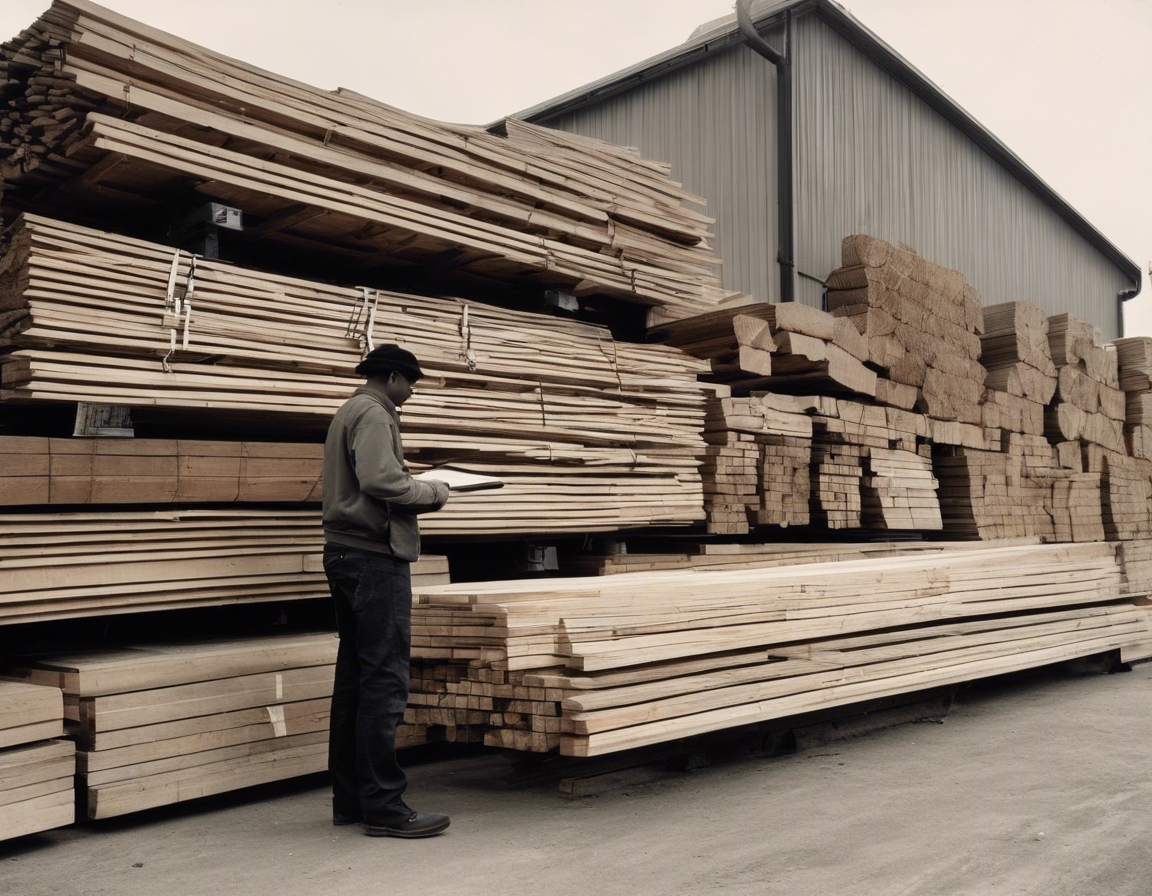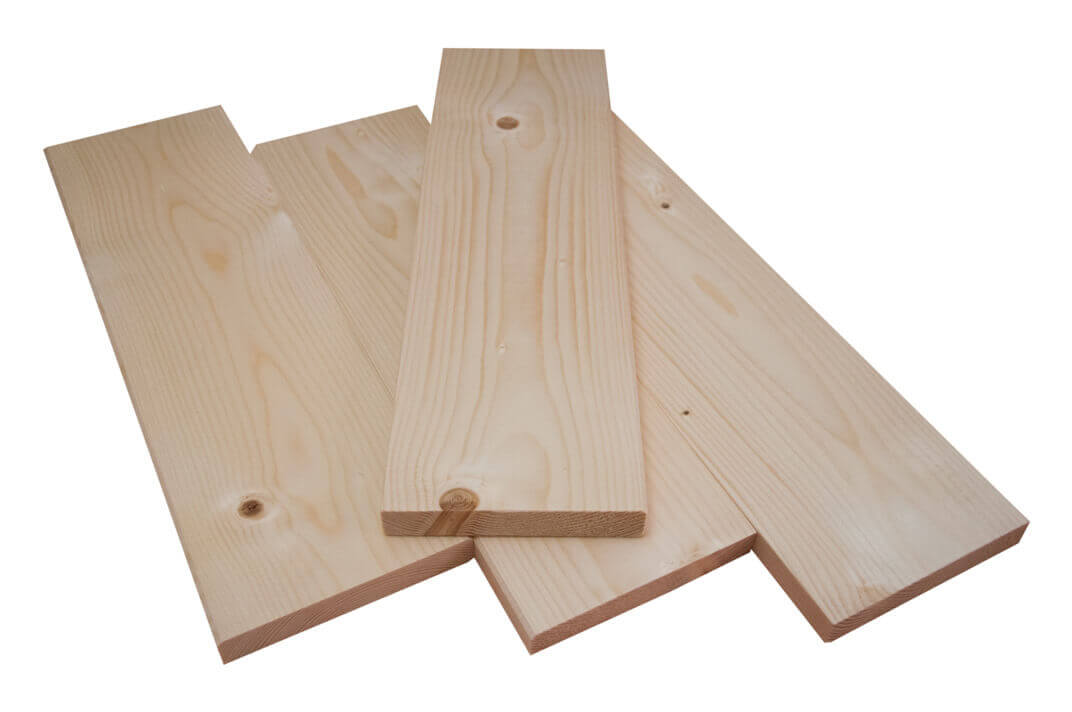The sustainable future of the wood industry
The wood industry stands at a crossroads between tradition and innovation. As global awareness of environmental issues grows, the demand for sustainable practices within the wood industry has never been higher. Sustainable wood production not only ensures the longevity of wood as a resource but also minimizes the environmental footprint of the industry.
Deforestation, illegal logging, and the mismanagement of forest resources are significant challenges that threaten the wood industry. Addressing these issues is crucial for the survival of ecosystems and the future of the industry.
Advancements in Sustainable Forestry
Forestry certification schemes like FSC and PEFC have become benchmarks for sustainable forest management, ensuring that wood products come from responsibly managed forests. These systems promote biodiversity, protect indigenous rights, and ensure long-term timber supplies.
Implementing responsible harvesting techniques, such as selective logging and reduced-impact logging, helps maintain forest health and productivity, ensuring a balance between conservation and economic needs.
Innovations in Wood Processing and Manufacturing
Modern wood processing facilities are focusing on reducing energy consumption and minimizing waste. By optimizing sawmill operations and utilizing by-products, the industry can significantly reduce its environmental impact.
The use of non-toxic chemicals and solvents in wood treatment and processing is gaining traction, promoting a healthier environment and safer products for consumers.
Emerging Trends in Wood Usage
Engineered wood products, such as cross-laminated timber (CLT), offer strength and versatility while reducing waste. These products are revolutionizing construction and design, providing sustainable alternatives to traditional building materials.
Life cycle assessment (LCA) tools are being used to evaluate the environmental impact of wood products from cradle to grave. Eco-design principles are being integrated into product development to enhance sustainability.
Role of Technology in Sustainable Wood Industry
Technological advancements in wood treatment, including thermal modification and acetylation, are extending the life of wood products without the use of harmful chemicals.
Digital tools and software are aiding in the efficient management of forest resources, tracking of wood products, and optimization of manufacturing processes, contributing to a more sustainable wood industry.
Regulatory Frameworks and Environmental Policies
International standards and agreements, such as the Lacey Act and the EU Timber Regulation, play a critical role in combating illegal logging and promoting sustainable trade in timber and timber products.
National policies and incentives are crucial for encouraging sustainable practices within the wood industry. Governments are increasingly recognizing the importance of the wood industry in the transition to a greener economy and are implementing measures to support its sustainable development.







Comments (0)